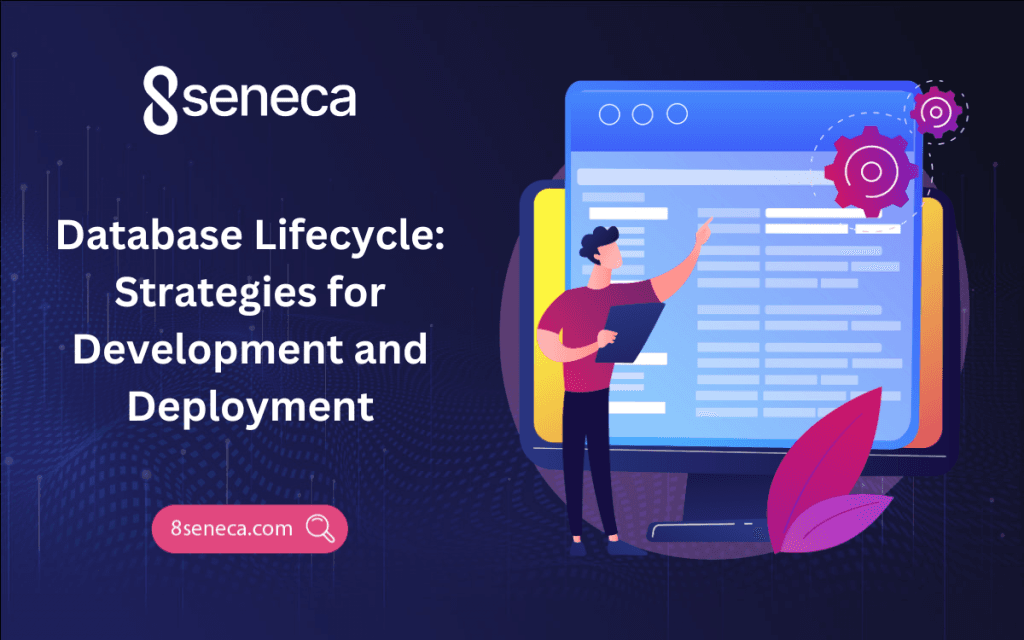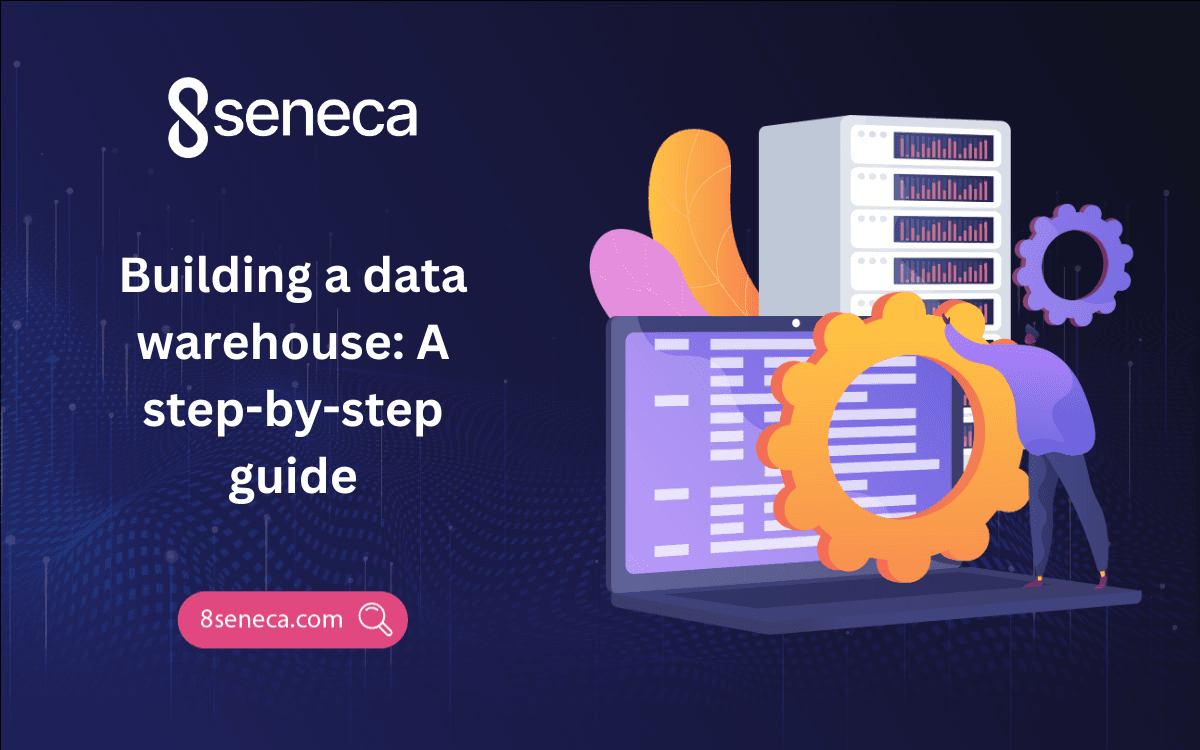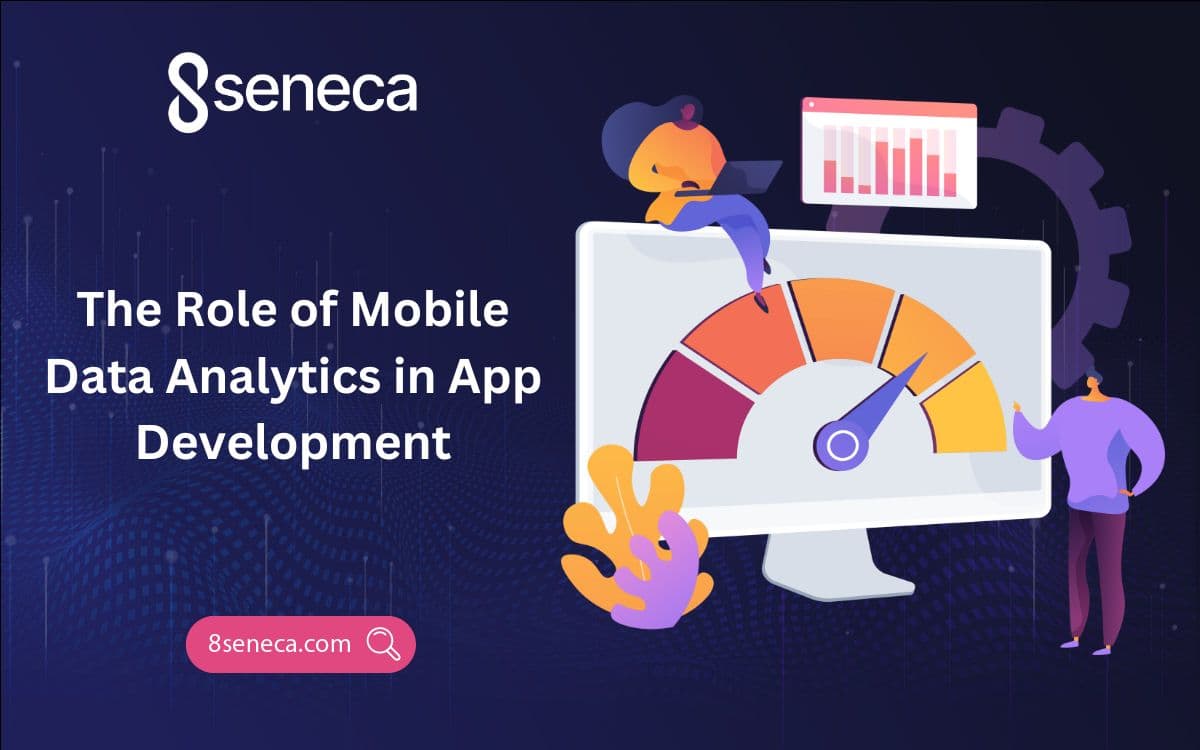Selecting Right Logistic Software Development Services Partner
Discover the key factors for choosing the perfect logistic software development services partner. Make informed decisions for your business.
In today’s fast-paced business world, logistics plays a pivotal role in ensuring the smooth flow of goods and services. To stay competitive, companies are increasingly turning to logistics software solutions to optimize their supply chain operations. However, choosing the right logistics software development partner can be a daunting task. In this article, we will guide you through the essential steps to make an informed decision and select the perfect logistic software development services partner for your business.
Understanding Your Logistics Needs
Before diving into the selection process, it’s crucial to have a clear understanding of your logistics needs. This involves identifying your specific challenges, goals, and objectives.
Assessing Current Pain Points
To begin with, start by conducting an in-depth assessment of your current logistics pain points. Are you struggling with inventory management, route optimization, real-time tracking or perhaps a combination of these issues? Understanding the precise pain points within your logistics operations is the first step in finding a partner that can address them effectively.
Defining Long-Term Goals
In addition to your immediate challenges, consider where you want your logistics operations to be in the next five or ten years. Are you planning to expand globally, improve customer service, reduce costs, enhance sustainability or pursue other strategic objectives? Having a clear vision of your long-term logistics goals will help ensure that the partner you choose can not only meet your immediate needs but also support your growth and evolution.
Researching Potential Partners
Once you have a clear understanding of your logistics needs, it’s time to start researching potential logistics software development partners. Here are the steps to follow:
Evaluating Industry Experience
Begin by looking for partners with a proven track record in the logistics industry. Consider the extent and depth of their experience. A partner with extensive industry knowledge is more likely to understand the intricacies of supply chain management. This, in turn, enables them to offer insights and solutions tailored to your specific sector.
Assessing Technological Expertise
Dive into the technical capabilities of potential partners. Inquire about their proficiency in the latest technologies such as AI, IoT, blockchain and data analytics. These technologies can significantly enhance your logistics operations. A partner that stays abreast of technological advancements will be better equipped to future-proof your solutions.
Analyzing Client Reviews and Case Studies
To gain further confidence in your potential partners, turn your attention to customer feedback and case studies. Look for partners with a history of satisfied clients and successful projects. Reading through case studies can give you a deeper understanding of how a potential partner has solved logistics challenges similar to yours, showcasing their problem-solving skills and creativity.
Evaluating Customization and Scalability
Given that every business has unique logistics requirements, it’s crucial to assess the partner’s ability to customize and scale their software solutions.
Customization Capabilities
When evaluating customization, delve into the specifics. Assess whether the partner can tailor their software to meet your specific needs. Discuss customization options in detail, ensuring that the software can be fine-tuned to align perfectly with your unique logistics processes and requirements. A partner that offers a high degree of customization will provide a solution that truly fits your business like a glove.
Ensuring Scalability
In the context of scalability, consider your business’s potential for growth. Ask the partner if their software is scalable enough to handle increased demand, complexity and geographic expansion. Scalability is vital for long-term success, as it ensures that your logistics software can evolve alongside your business without the need for constant redevelopment.
Pricing and ROI Analysis
Cost is a significant factor in selecting a logistic software development services partner. However, it’s essential to focus on the return on investment (ROI) rather than the upfront price.
Transparency in Pricing
When it comes to pricing, opt for a partner with transparent pricing models. Seek clarification on all costs involved, including licensing, implementation, customization and ongoing support. Hidden costs can lead to budget overruns and impact your ROI negatively.
ROI Projections
Collaborate closely with the partner to create detailed ROI projections based on your specific logistics needs. These projections should outline how the investment will benefit your business in terms of cost savings, operational efficiency and potential revenue growth. Assess whether the projected ROI aligns with your business goals and timeline.
Integration and Support
A seamless integration process and ongoing support are critical for the success of your logistics software solution.
Integration Capabilities
To ensure seamless integration, confirm that the partner’s software can integrate smoothly with your existing systems, including ERPs, CRMs, and other third-party applications. Compatibility is key to avoiding disruptions in your logistics operations and maintaining data integrity.
Customer Support and Maintenance
Inquire about the partner’s customer support and maintenance services. Timely and responsive support is essential to address any issues or changes that may arise during the software’s usage. Discuss the terms of ongoing support and how quickly you can expect assistance when needed.
Collaboration and Communication
Effective collaboration and communication are essential for a successful partnership.
Negotiating Terms
During the negotiation phase, take the time to negotiate the terms of the partnership in detail. This includes pricing, payment schedules, project timelines, deliverables and any specific contractual agreements. Ensure that everything is documented clearly in a legally binding contract to protect the interests of both parties.
Kick-off and Implementation
Once the partnership is established, initiate the project with a well-defined implementation plan. Work closely with the partner during this phase, as effective project management and collaboration are key to a successful partnership. Monitor progress, communicate regularly and adapt to any unforeseen challenges to ensure a smooth implementation.
Conclusion
In conclusion, selecting the right logistic software development services partner is a critical decision that can significantly impact your business’s efficiency and competitiveness. By following the comprehensive steps outlined in this article and employing effective transition words and phrases, you can make an informed choice that aligns with your logistics needs and long-term goals. Remember that a well-chosen partner can be a valuable asset in optimizing your logistics operations and driving sustainable business growth.
At 8Seneca, we uphold the value of transparent and open communication, granting our team members the ability to maintain strong connectivity and deep knowledge. Our versatile approach empowers clients to fine-tune our services to match their specific needs seamlessly. Connect with us here.
Related Articles

Dec 09, 2024
Read more
What is Cross-platform Mobile Development?
Learn what cross-platform mobile development is, its benefits, challenges, and popular frameworks like Flutter, React Native, and Xamarin.

Dec 06, 2024
Read more
The Leadership Factor: Why Strong Leaders Make Successful Projects
Discover how effective leadership drives project success with strategies to inspire teams, tackle challenges, and achieve goals.

Oct 29, 2024
Read more
Database Lifecycle: Strategies for Development and Deployment
Learn the key stages of the database lifecycle—Planning, Analysis, Design, Implementation, Testing, Deployment, and Maintenance

Sep 30, 2024
Read more
Building a Data Warehouse: A step-by-step guide
Learn the key components, best practices, challenges of building and maintaining a data warehouse, and how it can drive better business.

Sep 17, 2024
Read more
How to Create Top B2B SaaS Product and Features Pages
Explore key elements and examples of B2B SaaS product pages to boost conversions and showcase your product's value.

Sep 13, 2024
Read more
The Role of Mobile Data Analytics in App Development
Discover how mobile data analytics improves app development by enhancing user engagement, boosting retention, and optimizing performance.
